“Goodbye War, Goodbye Peace” is the title of a book by Mahmoud Darwish that includes (articles) in prose and thoughts) written in the year (1974 AD) that came to reflect the embodiment of the historical moment that the Palestinian cause went through in its conflict with the Israeli occupier.
The first reading of the text suggests a conscious creative effort based on tight structural systems so that the recipient feels that he is facing a project whose ideas and foundations were prepared in advance. In his introduction to this work, Darwish wrote: “This book… Margins of the October 1973 War… was written in the stages of waiting, explosion, and returning waiting. The author dedicates it to the blood of the Arab martyrs and fighters that drew the features of a new image of the Arab presence in the world. And she left without asking what we do with her great gifts. After this opening text, the writer puts three main titles for the book: First: A Horse Loves a Gazelle, Second: Good Morning Joy, Third: What Did You Do with Autumn, O Sarhan. From this title, the title of the book was derived: Goodbye War, Goodbye Peace. In it, the focus is on closed spaces in the literary work… one door for more than one cell or one door for all the cells. Thus, Darwish begins to describe the maze that “Sarhan” lives in inside his cell, to tell us that the prisoner and the jailer are both deprived of freedom. The guard was asleep. And Sarhan’s dream was to wander, freely, in the space of the cell, as the writer’s philosophy about war and peace emerges in the text: Why did you lose peace because I was lost in war? Peace is born only from the end of war… As for the space of the text, the prison room or “cell” emerges as an important psychological place and a structural indicator of the presence of the prisoner’s character in the literary work. In this regard, it becomes a form of human experience – in the event of war – and an extension of it, and also to be the stage of the event in which the heroic character, the prisoner Sarhan, will appear and establish its connotations in the text through it. One door to more than one cell. It is the door of freedom. He wrote down the following sentence: Goodbye, O war, and I feel that it is an incomplete sentence. A synonymous sentence fell from it: Goodbye, O homeland!
save
د.ا0.71Goodbye War Goodbye Peace
د.ا5.68د.ا6.39
It is a deep poetic contemplation by Mahmoud Darwish about conflict and wars, expressing the suffering of the homeland and humanity in the shadow of the lost peace and the ongoing war.
| Author | |
|---|---|
| Year |
Customer Reviews
There are no reviews yet.
You may also like…
-
In Describing Our Condition
د.ا7.10Poetic and literary texts that contemplate the Palestinian and human reality with philosophical and poetic depth.
د.ا8.52 -
In the Presence of Absence
د.ا6.39It is a poetic text that mixes autobiography and philosophical contemplations on life, death and identity in a profound artistic style.
د.ا7.10 -
Memory for Forgetfulness
د.ا6.39A poetic text in which the writer reflects on the details of a Beirut day during the siege, evoking memory and identity in the face of forgetfulness and alienation.
د.ا7.10

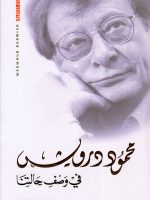
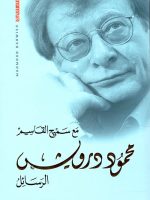
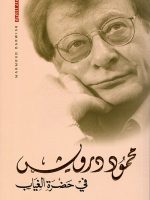
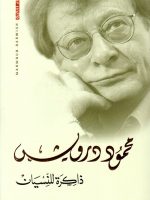
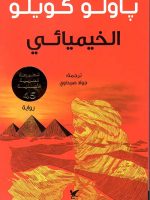

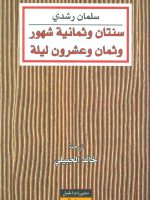




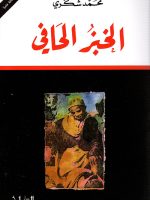
Be the first to review “Goodbye War Goodbye Peace”